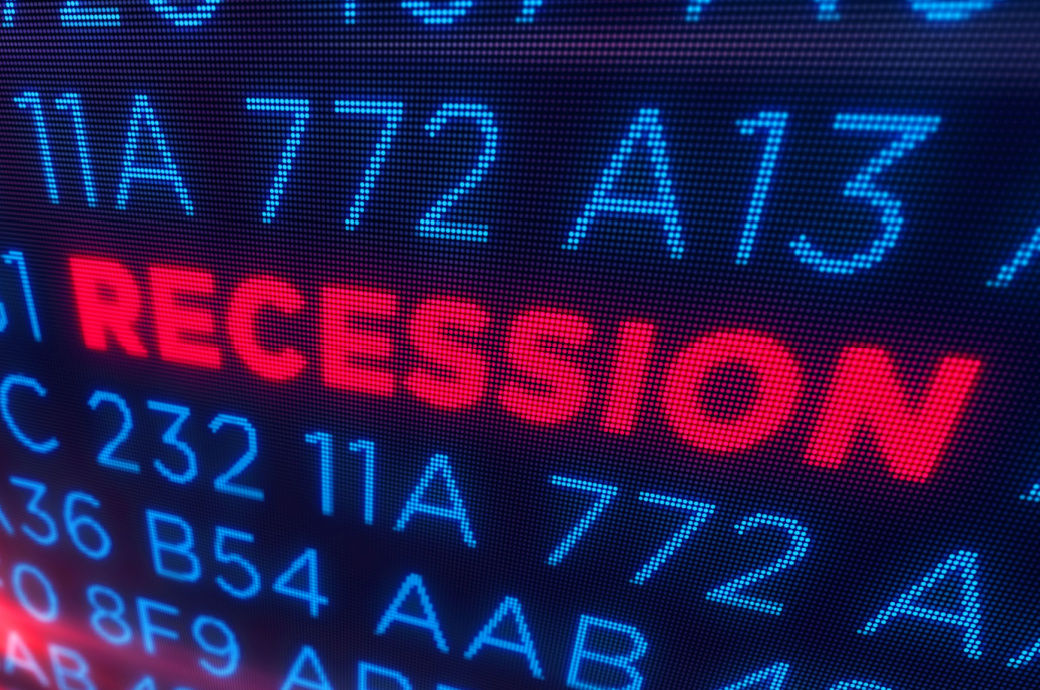
The world may be edging toward a global recession in 2023 and a string of financial crises in emerging markets and developing economies that would do them lasting harm as central banks across the world simultaneously are hiking interest rates unusually fraught circumstances in response to inflation, according to a comprehensive study by the World Bank.
Central banks around the world have been raising interest rates this year with a degree of synchronicity not seen over the past five decades—a trend that is likely to continue well into next year, according to the study report.
Yet the currently expected trajectory of interest-rate increases and other policy actions may not be sufficient to bring global inflation back down to levels seen before the pandemic.
Investors expect central banks to raise global monetary-policy rates to almost 4 per cent till 2023—an increase of more than 2 percentage points over their 2021 average, the World Bank said in a release citing the report.
Unless supply disruptions and labor-market pressures subside, those interest-rate increases could leave the global core inflation rate (excluding energy) at about 5 per cent in 2023—nearly double the five-year average before the pandemic, the study found.
To cut global inflation to a rate consistent with their targets, central banks may need to raise interest rates by an additional 2 percentage points, according to the report’s model.
If this were accompanied by financial-market stress, global GDP growth would slow to 0.5 per cent in 2023—a 0.4 per cent contraction in per-capita terms that would meet the technical definition of a global recession.
The world’s three largest economies—the United States, China and the euro area—have been slowing sharply. Under the circumstances, even a moderate hit to the global economy over the next year could tip it into recession, the press release said.Central banks should persist in their efforts to control inflation—and it can be done without touching off a global recession, the study finds. But it will require concerted action by a variety of policymakers. Source: https://www.fibre2fashion.com/
Categories: Breaking News,
Economy,
Finance,
Market,
World
